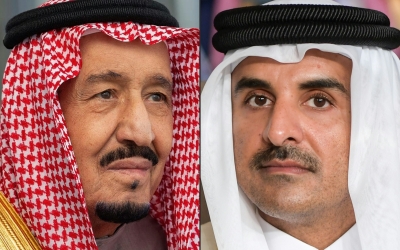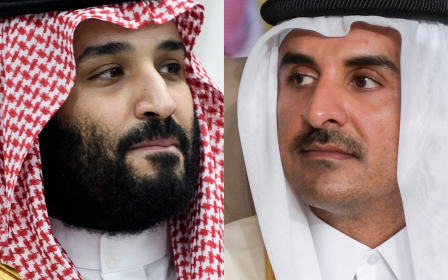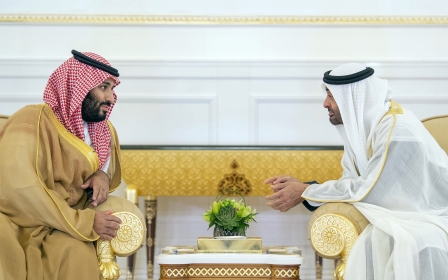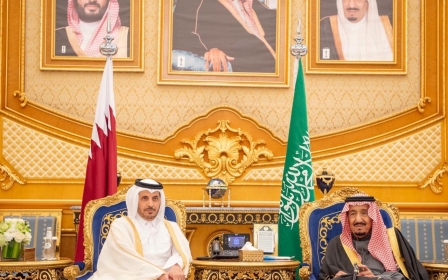Qatar's foreign minister sees 'small progress' in resolving Gulf spat
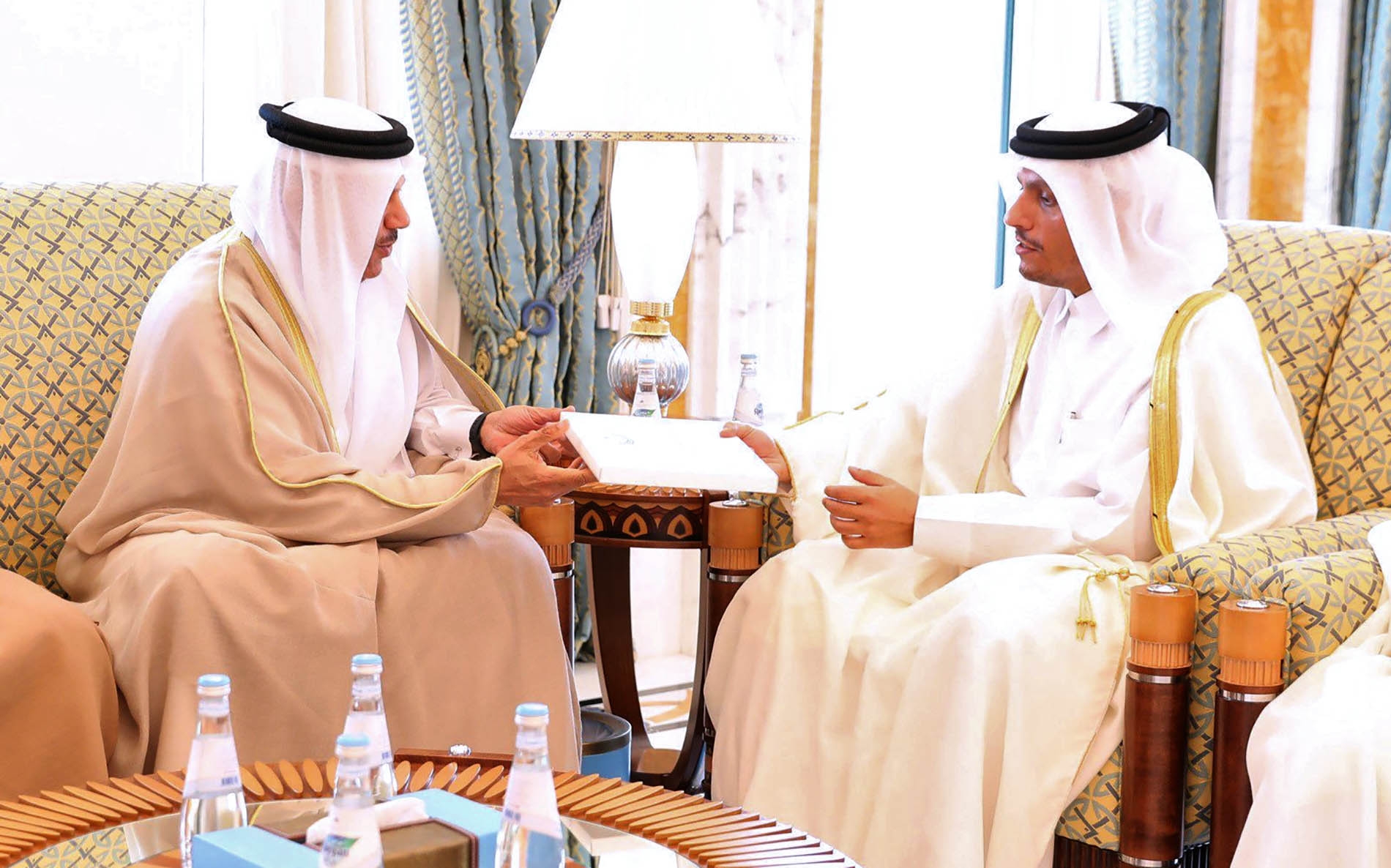
Qatar's foreign minister said on Saturday there has been small progress to resolve dispute between the emirate and its neighbours, after a two-and-a-half-year rift.
Sheikh Mohammed bin Abdul Rahman al-Thani's comments came days after Qatar sent its prime minister to the annual Gulf Cooperation Council (GCC) summit, its highest representation to the annual gathering in two years.
Asked whether there was progress at the summit, al-Thani told Reuters that there has been "small progress, just a little progress".
The diplomatic crisis was set off when Saudi Arabia, the United Arab Emirates, Bahrain and Egypt cut off ties with Qatar in 2017 and imposed an air, land and sea blockade over allegations of terrorism and fostering closer ties with Iran.
Qatar has repeatedly rejected the allegations against it and accused the boycotting countries of trying to interfere in its affairs.
There have been indications that a rapprochement between Qatar and its allies might be in the works, with some observers expecting the summit to take the shape of a reconciliation meeting. However, the gathering concluded without public comments on the crisis.
The absence at the summit of Qatar's emir, who had been invited by Saudi King Salman, has also somewhat dampened expectations of an imminent breakthrough.
The Riyadh-led bloc initially set out 13 demands that it said could resolve the crisis, including the closure of a Turkish military base; cutting links with the Muslim Brotherhood; the closing of Al Jazeera TV; and reducing ties with Iran.
Doha has so far refused to comply and rejected the assertions made about its policies.
During the summit last week, King Salman called for regional unity to confront Iran and secure energy supplies and maritime channels.
The summit's final communique stressed the need to strengthen military and security cooperation between member states and called for finalising legislation for regional economic integration, including the creation of a financial and monetary bloc by 2025.
Middle East Eye propose une couverture et une analyse indépendantes et incomparables du Moyen-Orient, de l’Afrique du Nord et d’autres régions du monde. Pour en savoir plus sur la reprise de ce contenu et les frais qui s’appliquent, veuillez remplir ce formulaire [en anglais]. Pour en savoir plus sur MEE, cliquez ici [en anglais].


